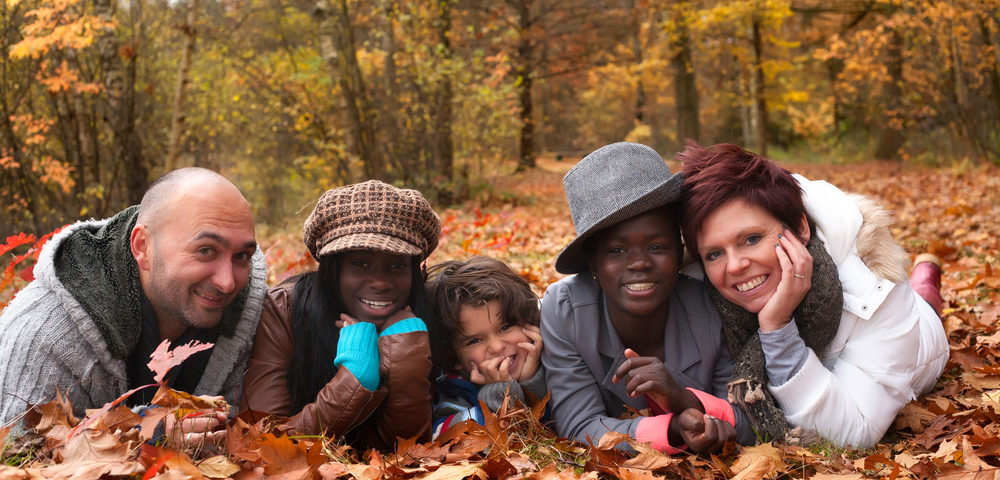
Fun Ways To Celebrate Halloween At Home With Foster Children
October 9, 2020
4 Reasons To Get Cooking With Your Foster Kids
November 6, 2020Parenting is filled with both joys and struggles, whether you have biological, adopted, or foster children at home. With that said, transracial foster parenting (welcoming a child into your family with a cultural background that is different than yours) comes with its own unique challenges — and rewards. If you have decided to become a foster parent and want to learn more about navigating life as a multicultural family, read on for three helpful tips.
Tip 1: Learn as much as possible about your child’s cultural heritage.
Being “color blind” or ignoring your child’s differences can do more harm than good, regardless of your intentions. Instead, help your foster child feel accepted and loved unconditionally by acknowledging and respecting their cultural heritage. Celebrate special holidays, research recipes for traditional foods your child enjoys, and understand unique hygiene and hair care needs.
Tip 2: Be inclusive at home.
Far too often, family entertainment portrays people of color as villains. Be mindful of this and seek out books, movies and television shows with positive representation. Encourage children and teenagers to build a diverse friend group, including others who share their race. Purchase toys and dolls of varying ethnicities, including some that look like your foster child. And don’t assume Santa Claus is white.
Tip 3: Find mentors and make connections.
Sometimes, race-related questions and issues will come up that you won’t be able to answer or fix on your own. That is why it is important to get involved with your community and seek out mentors for your child. Whether it’s befriending other multicultural families, joining a diverse church, or seeking out an organization or sports team with a leader of the same cultural heritage as your child, make connections whenever possible.
Diversity is beautiful. It is also a complex and emotionally charged issue. As a multicultural family, you need to be prepared to deal with curiosity, and also racism, on a daily basis. You will also need to be comfortable talking about race with your foster child, as well as neighbors, friends, family, and even the occasional stranger. As a foster parent, it is important to recognize, embrace and celebrate the differences that make your child a unique and beloved member of the family.
Every child needs and deserves to grow up safe and protected from abuse and neglect, and caring foster parents offer children support and stability when they need it most. At Camelot Care Centers, we specialize in higher-level foster care for children and adolescents that need extra support. We partner with our foster parents/homes to provide trauma informed care and additional services, including in-home counseling, parent support and training, tele-psychiatry, and therapeutic mentoring, to maintain children at the least restrictive, yet most appropriate level of care. Camelot Care Centers (“Camelot”) is a Child Welfare Agency.




